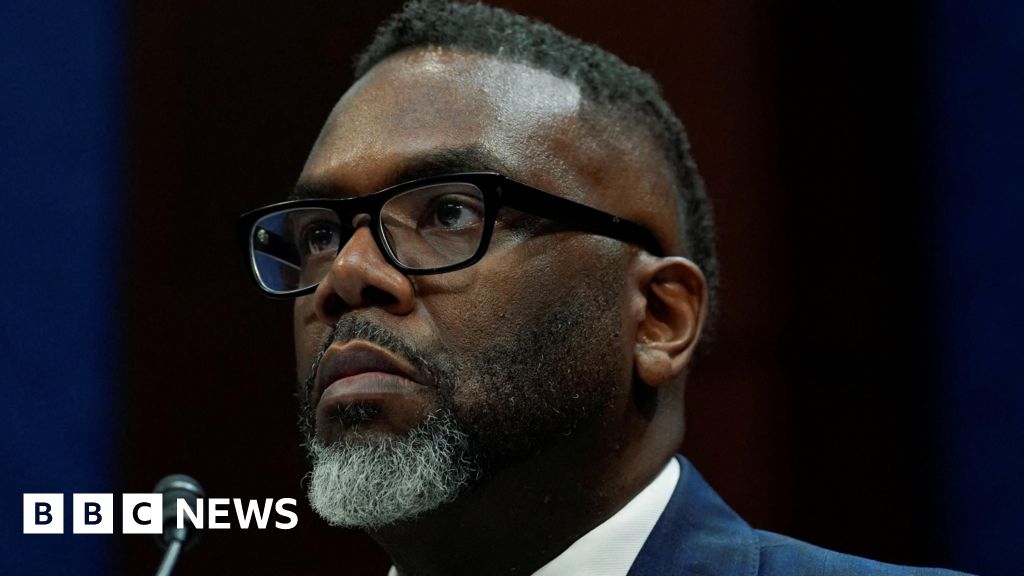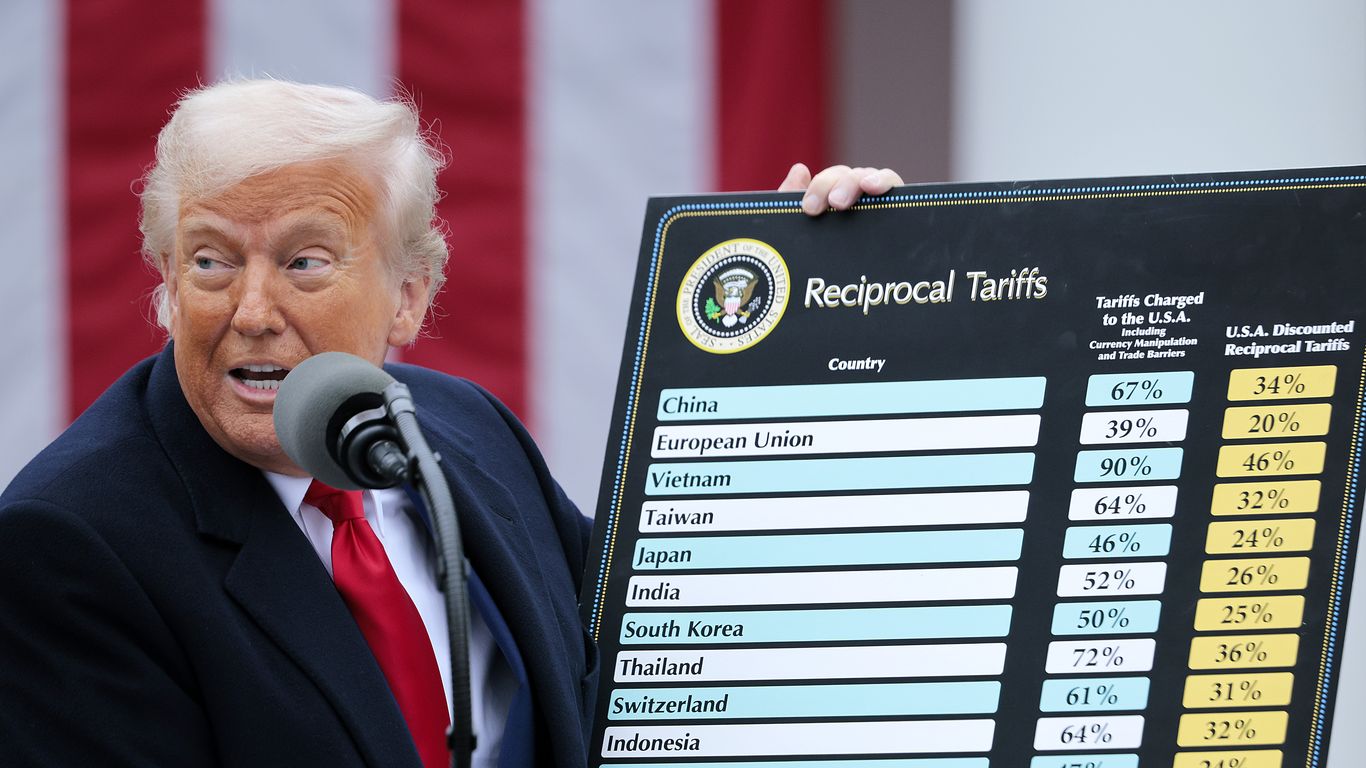The Blurred Line Between Science and Ideology

Introduction
In a recent interview with Politico, former health official Demetre Daskalakis expressed his concern about the blurred line between science and ideology in the current political climate. Daskalakis, who recently resigned from his position, stated, "I only see harm coming" when it comes to the handling of public health issues.
The Blurred Line Between Science and Ideology
Daskalakis' resignation highlights a growing issue in the field of public health. As politicians and policymakers become increasingly involved in decision-making, the line between science and ideology becomes blurred. This can lead to dangerous consequences for the general public, as decisions are often made based on personal beliefs rather than scientific evidence.
For example, during the COVID-19 pandemic, some politicians have downplayed the severity of the virus and disregarded the recommendations of public health officials. This has resulted in a lack of consistent and effective measures to control the spread, ultimately leading to more harm and suffering.
The Importance of Trust in Science
Daskalakis' statement also highlights the importance of maintaining trust in science and public health institutions. When the line between science and ideology becomes blurred, it can erode public trust in the information and guidance provided by experts. This can have far-reaching consequences, as seen in the current pandemic, where misinformation and conspiracy theories have contributed to the spread of
About the Organizations Mentioned
Politico
## Overview Politico is a leading political journalism organization specializing in coverage of politics, policy, and the personalities shaping these arenas in the United States and globally[1]. Based in Arlington, Virginia, Politico delivers news and analysis through a variety of platforms, including a daily newspaper, website, newsletters, podcasts, and digital TV[2][3]. The organization is recognized for its rapid news reporting, in-depth policy analysis, and its influence in political and business circles. ## History Founded in 2007, Politico emerged as a disruptor in political journalism, capitalizing on digital media’s rise to challenge traditional outlets[1][3]. Its founders, including former Washington Post journalists, aimed to provide real-time, insider-focused political coverage. In 2021, Politico was acquired by Axel Springer SE, a major German media conglomerate, marking a significant expansion of its international footprint[2]. ## Key Achievements Politico is best known for breaking major political stories, setting the agenda in Washington, D.C., and beyond. It has built a reputation for scoops on presidential elections, congressional maneuvering, and policy debates. The launch of Politico Pro in 2011 further solidified its niche, offering subscription-based, policy-specific intelligence for professionals in healthcare, technology, and energy sectors[5][6]. This platform is lauded for its nonpartisan, fact-based reporting tailored to policy experts and businesses[5][6]. ## Current Status Today, Politico operates as a global news and information company with offices in Washington, D.C., New York, Brussels, and major U.S. state capitals, reflecting its ambitious expansion[4]. With over 1,000 employees and annual revenues exceeding $245 million, it remains a major player in digital and traditional political media[3]. Politico’s content is distributed across multiple platforms, ensuring wide reach among policymakers, business leaders, and engaged citizens. ## Notable Aspects Polit
















